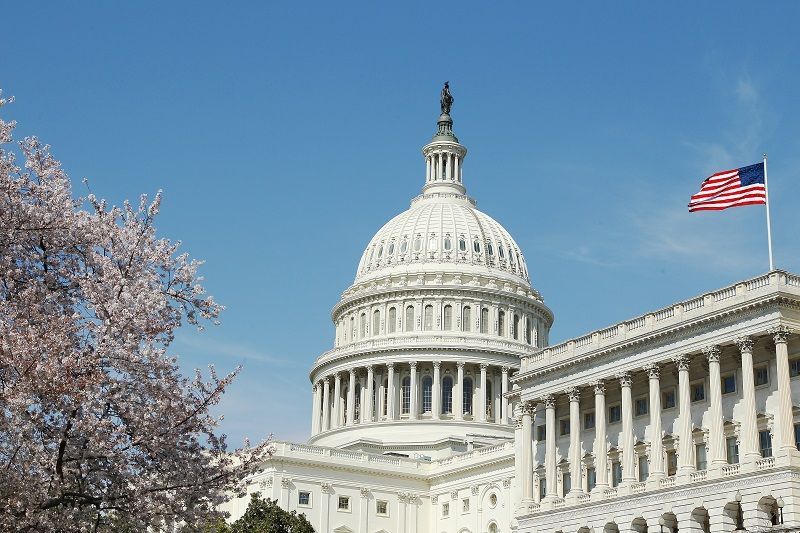By Marc Kilmer
On March 6 the Portland City Council may vote on whether to require virtually all businesses that employ six or more people to provide them with at least five paid sick days per year. While this sounds well intentioned − who doesn’t support helping out a sick person? – it will actually end up hurting low-wage and less-skilled employees. For the sake of the working poor, this proposal should be rejected.
Let’s establish some basic facts about the employee/employer relationship. Employers provide compensation for an employee based on how much value that employee’s labor has for the employer. Employees with skills that are in higher demand get paid more, both because these skills help an employer’s business more and because there are fewer people with those skills. Any kid off the street can wash dishes, so a dishwasher is likely to make far less money than an electrician, someone who has a specialized set of skills.
Compensation is not just the wages paid to an employee. An employee costs a business much more than just salary. There are unemployment, Medicare, and Social Security taxes that must be paid. And if the company offers any benefits, then that is also a cost to the employer. An employee may make $40,000 a year, but it may cost the employer $60,000 a year to employ that person. The total cost of compensation, not just the salary, is what’s important to the employer.
Some people hold the view that an employer should provide a variety of benefits to workers, from paid sick leave to health care to disability insurance to retirement benefits. Any amount of money paid by employers for these benefits raises the cost of hiring that employee.
Mandatory sick leave increases the cost to an employer for hiring an employee. For more-skilled workers, that means that more money is going to the benefits side of the compensation equation and less to the wage side. So better sick leave means lower wages. Some employees may like that, some may not. But if the government mandates it, the employee has no choice.
For lower-skilled employees, the situation is more damaging. Since there are a federal and a state minimum wage, there is a floor below which an employer may not pay an employee. If the government raises the cost of compensation through mandatory sick leave, an employer cannot simply pay a lower wage to someone making minimum wage or close to it. In that case, the employee will have to be let go.
Some may say that the employer should simply absorb the cost of the higher compensation. What they ignore is that an employee’s compensation is based on the value that employee brings to the company. If an employer pays an employee more than his labor is worth, then that employer will soon go out of business.
Mandatory sick leave sounds like a good idea, but it will end up hurting the most vulnerable workers in our society. The more the government mandates benefits for workers, the fewer low-skilled workers will be hired. We need to encourage getting these low-skilled workers in the workforce, not discourage them. For the sake of the working poor, the City of Portland should not mandate sick leave.
Marc Kilmer is a Maryland Public Policy Institute senior fellow specializing in health care issues and a guest contributor to Cascade Policy Institute, Oregon’s free market public policy research center.











